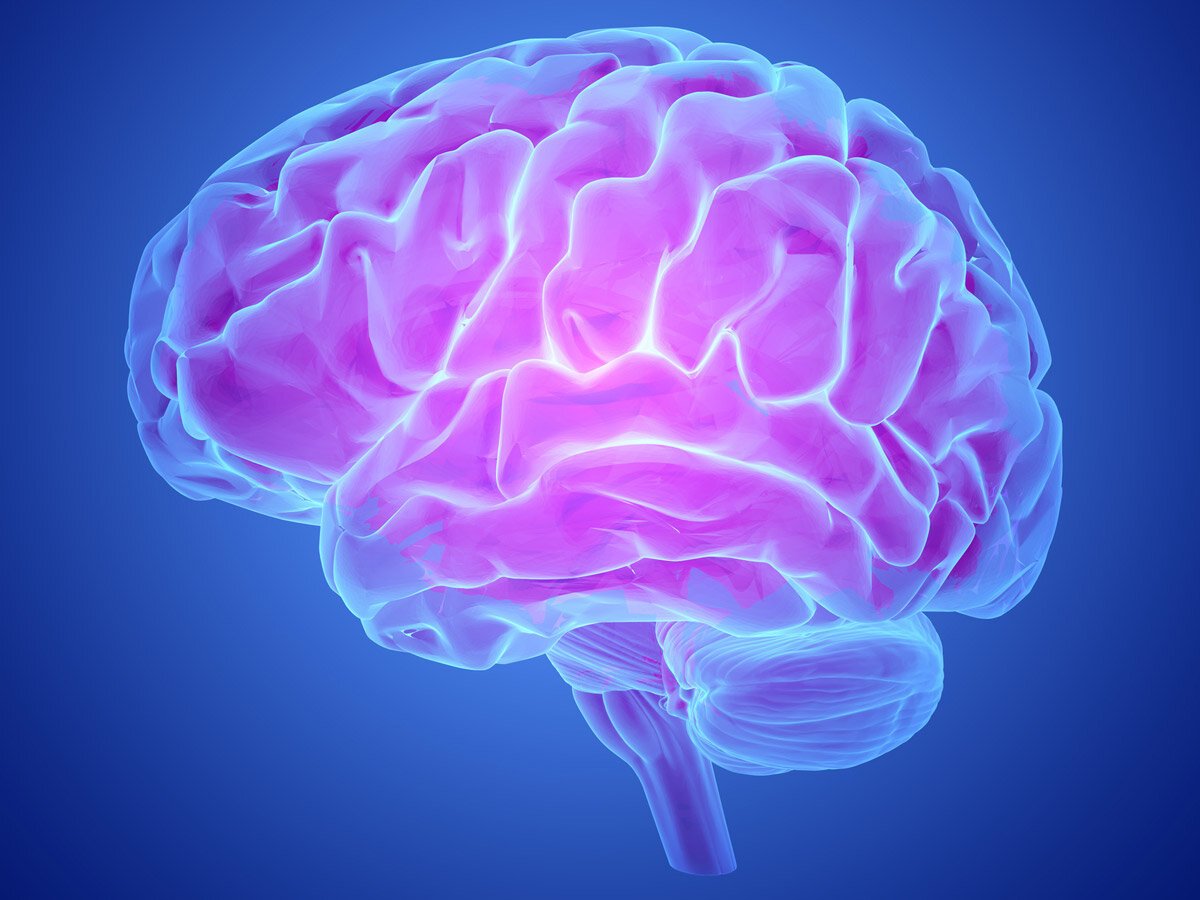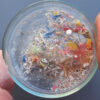Research on the blood-brain barrier (BBB) is important for understanding many neurological diseases, as the BBB protects the brain from pathogens and toxins circulating in the blood while regulating the transport of essential substances. Disruptions of the BBB are associated with conditions such as multiple sclerosis, Alzheimer’s disease and other neurodegenerative diseases.
The study described by Russian scientists adds important data on the role of oxidative stress and specifically hydrogen peroxide in the functioning and disruption of the BBB. Understanding that reactive oxygen species can induce shrinkage and shape changes in endothelial cells provides new insight into the mechanisms underlying BBB dysfunction.
The method of chemogenetic generation of hydrogen peroxide used in the experiment makes it possible to simulate oxidative stress and observe its consequences under controlled conditions. This approach greatly contributes to the study of molecular and cellular processes occurring in various pathologies, as well as the development of potential therapeutic strategies.
Intervention using a myosin light chain kinase inhibitor to prevent cell contraction and preserve BBB barrier functions may open new approaches to treating diseases associated with BBB damage. This highlights the potential therapeutic value of regulating oxidative stress and endothelial contraction in clinical practice.
Reducing the negative impact of IL17A, known for its role in the pathogenesis of multiple sclerosis, through the control of hydrogen peroxide levels and endothelial cell contraction is also important, as it may lead to the development of new therapeutic molecules aimed at reducing inflammation and improving disease outcome.
This study is an excellent example of a transdisciplinary approach that combines physiology, biochemistry and medicine to solve complex scientific problems. Subsequently, it can contribute to the development of new drugs aimed at protecting and restoring the BBB in various diseases.








